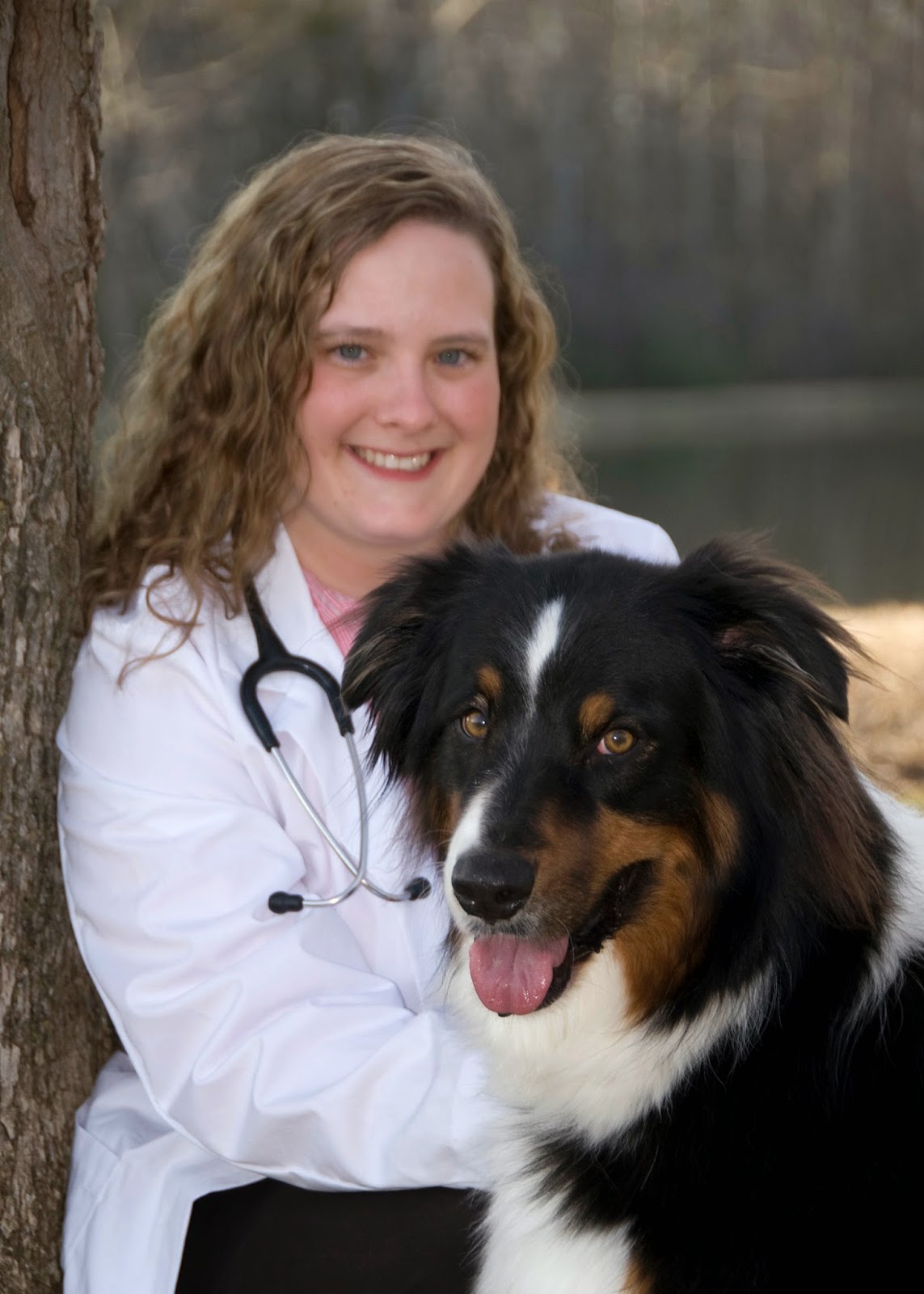
[et_pb_section bb_built="1" _builder_version="3.0.47"][et_pb_row custom_padding="27px|0px|0px|0px" _builder_version="3.0.47" background_size="initial" background_position="top_left" background_repeat="repeat"][et_pb_column type="4_4"][et_pb_text _builder_version="3.0.69"]

Around the globe, summer travel is in full swing. If you are thinking of taking a trip, it is important to remember a few key things before you hit the road with your furry friend.
Yep, no matter how much fun you think it will be – traveling can be a strain on all parties involved. The best way to prevent stress is to plan ahead. Be sure to pay attention to:
Most people travel by car with their canine companions. Some dogs are A-OK with this, but others may have some issues. If your dog is anxious in the car (barking, whining, panting excessively or even in a full-blown panic…) be sure to start slowly with short trips in the car several weeks before your big trip. When you complete a short trip (even just down the street), be sure to have highly-prized treats ready as a reward. Consistent rewards can help your dog associate the car with ‘good things.
Most veterinarians do not recommend tranquilizers or sedatives for vacation travel simply because they do have side effects. If your pet is so uncomfortable in the car that a sedative must be used, it may be best to leave them at home with a pet sitter.
If you plan on being in the car for long periods of time, consider asking your veterinarian for motion sickness medication. A product called Cerenia is available by your prescription from your vet and is FDA approved for prevention of motion sickness. Using proper restraint for your dog can also help to prevent motion sickness.
Plan your trip with frequent breaks every couple of hours. Seek out quiet, clean, shaded areas for you to take your pup for a short walk. Offer cool water and snacks. BE SURE that your dog’s collar or harness is secure and leash attached before they leave the car. ention to your pup’s wellbeing.
[/et_pb_text][et_pb_image _builder_version="3.0.69" animation_style="slide" animation_direction="left" animation_duration="500ms" animation_intensity_slide="10%" show_bottom_space="on"]
[/et_pb_image][et_pb_image src="https://vetnaturals.com/wp-content/uploads/2017/08/pic2.jpg" align="center" _builder_version="3.0.69" animation_style="slide" animation_direction="left" animation_duration="500ms" animation_intensity_slide="10%" show_bottom_space="on"]
[/et_pb_image][et_pb_image _builder_version="3.0.69" animation_style="slide" animation_direction="left" animation_duration="500ms" animation_intensity_slide="10%" show_bottom_space="on"]
[/et_pb_image][et_pb_image _builder_version="3.0.69" animation_style="slide" animation_direction="left" animation_duration="500ms" animation_intensity_slide="10%" show_bottom_space="on"]
[/et_pb_image][/et_pb_column][/et_pb_row][et_pb_row _builder_version="3.0.69"][et_pb_column type="4_4"][et_pb_text _builder_version="3.0.69"]
Car safety is just as important for your dog as it is for your children. Dogs and humans can be injured in an accident – unsecured pets can become “projectiles” and it is just as scary as it sounds. Riding unsecured in a car is also very uncomfortable for your dog. Every time the car goes into a turn or stops suddenly, dogs can lose their footing in the back seat, fall into the floorboard or become motion sick.
Dogs can be secured in a car using a variety of methods, including:
If your dog is crate trained already, this is a great way to keep them safe and comfortable in the car. The crate protects them in event of an accident, can help prevent motion sickness and keep them calm. If your dog is not crate trained, it could be a source of anxiety. For best results, start crate training in the home months before you intend to use your crate in a car or on an airplane.
There are several pet restraints or “doggie seat belts” available on the market. Unfortunately, there isn’t much data on how well these work in a crash situation. The information that is available shows that very few restraints make the cut for protecting both you and your dog, so use a resource like this article from Consumer Reports News before making your purchase.
For car travel, it is best to fit your dog with a harness that crosses the chest and behind the elbows, even if he does not normally wear a harness. The harness allows the most secure hold on your dog while he is leashed and is much less likely to slip off.
Remember to pack a simple “slip leash” and an extra leash with a sturdy clip in case your primary one becomes lost or broken. Also, ditch the retractable leash, as they can be dangerous to both you and your pet.
[/et_pb_text][/et_pb_column][/et_pb_row][et_pb_row _builder_version="3.0.69"][et_pb_column type="4_4"][et_pb_image src="https://vetnaturals.com/wp-content/uploads/2017/08/pic5.jpg" align="center" _builder_version="3.0.69" animation_style="slide" animation_direction="left" animation_duration="500ms" animation_intensity_slide="10%" show_bottom_space="on"]
[/et_pb_image][/et_pb_column][/et_pb_row][et_pb_row _builder_version="3.0.69"][et_pb_column type="4_4"][et_pb_text _builder_version="3.0.69"]
Don’t forget to take a copy of your dog’s rabies certificate with you at a minimum. If your dog has an ongoing medical condition, taking a copy of their most recent medical record with you can help an unfamiliar veterinarian if medical attention is necessary on the road.
[/et_pb_text][/et_pb_column][/et_pb_row][et_pb_row _builder_version="3.0.69"][et_pb_column type="4_4"][et_pb_image src="https://vetnaturals.com/wp-content/uploads/2017/08/pic4.jpg" align="center" _builder_version="3.0.69" animation_style="slide" animation_direction="left" animation_duration="500ms" animation_intensity_slide="10%" show_bottom_space="on"]
[/et_pb_image][/et_pb_column][/et_pb_row][et_pb_row _builder_version="3.0.69"][et_pb_column type="4_4"][et_pb_text _builder_version="3.0.69"]
When traveling with a pet, be sure to read pet policies at hotels and rentals very carefully. Most hotels have a very clear policy and fee schedule at the ready when the booking is made. Rental homes or apartments may allow pets but beware – sometimes damage fees are not disclosed on the rental contract, which could be expensive if your dog causes a problem.
[/et_pb_text][et_pb_image _builder_version="3.0.69" animation_style="slide" animation_direction="left" animation_duration="500ms" animation_intensity_slide="10%" show_bottom_space="on"]
[/et_pb_image][et_pb_image _builder_version="3.0.69" animation_style="slide" animation_direction="left" animation_duration="500ms" animation_intensity_slide="10%" show_bottom_space="on"]
[/et_pb_image][et_pb_image src="https://vetnaturals.com/wp-content/uploads/2017/08/pic6.jpeg" align="center" _builder_version="3.0.69" animation_style="slide" animation_direction="left" animation_duration="500ms" animation_intensity_slide="10%" show_bottom_space="on"]
[/et_pb_image][/et_pb_column][/et_pb_row][et_pb_row _builder_version="3.0.69"][et_pb_column type="4_4"][et_pb_text _builder_version="3.0.69"]
Many people look forward to taking their dog on their annual trip to the beach. But the beach can be a dangerous place for dogs if you aren’t careful. Soaring daytime temperatures can predispose your dog to heatstroke or burned paw pads. Drinking too much sea water can cause vomiting, dehydration and electrolyte imbalances. Discarded fish hooks can find their way into lips or toes. Take measures to protect your dog from the elements, provide plenty of shade and go inside to cool off. Other favorite vacation destinations have their own hazards, so think ahead and pay close attention to your pup’s wellbeing.
[/et_pb_text][et_pb_image src="https://vetnaturals.com/wp-content/uploads/2017/08/pic3.jpg" _builder_version="3.0.69" animation_style="slide" animation_direction="left" animation_duration="500ms" animation_intensity_slide="10%" show_bottom_space="on"]
[/et_pb_image][/et_pb_column][/et_pb_row][et_pb_row _builder_version="3.0.69"][et_pb_column type="4_4"][et_pb_text _builder_version="3.0.69" inline_fonts="Roboto Condensed,Raleway Light,Lora,Lato Light"]
[/et_pb_text][et_pb_image src="https://vetnaturals.com/wp-content/uploads/2017/04/amazon-btn-150.png" url="https://www.amazon.com/Veterinary-Naturals-Hemp-Hips/dp/B01N2S774K" url_new_window="on" _builder_version="3.0.47" animation_style="slide" animation_direction="left" animation_duration="500ms" animation_intensity_slide="10%" saved_tabs="all" show_bottom_space="on"]
[/et_pb_image][et_pb_image src="https://vetnaturals.com/wp-content/uploads/2017/04/chewy-btn-150.png" url="https://www.chewy.com/veterinary-naturals-hemp-health/dp/152768" _builder_version="3.0.69" animation_style="slide" animation_direction="left" animation_duration="500ms" animation_intensity_slide="10%" show_bottom_space="on"]
[/et_pb_image][et_pb_text _builder_version="3.0.47" background_size="initial" background_position="top_left" background_repeat="repeat"]
[/et_pb_text][/et_pb_column][/et_pb_row][/et_pb_section]


